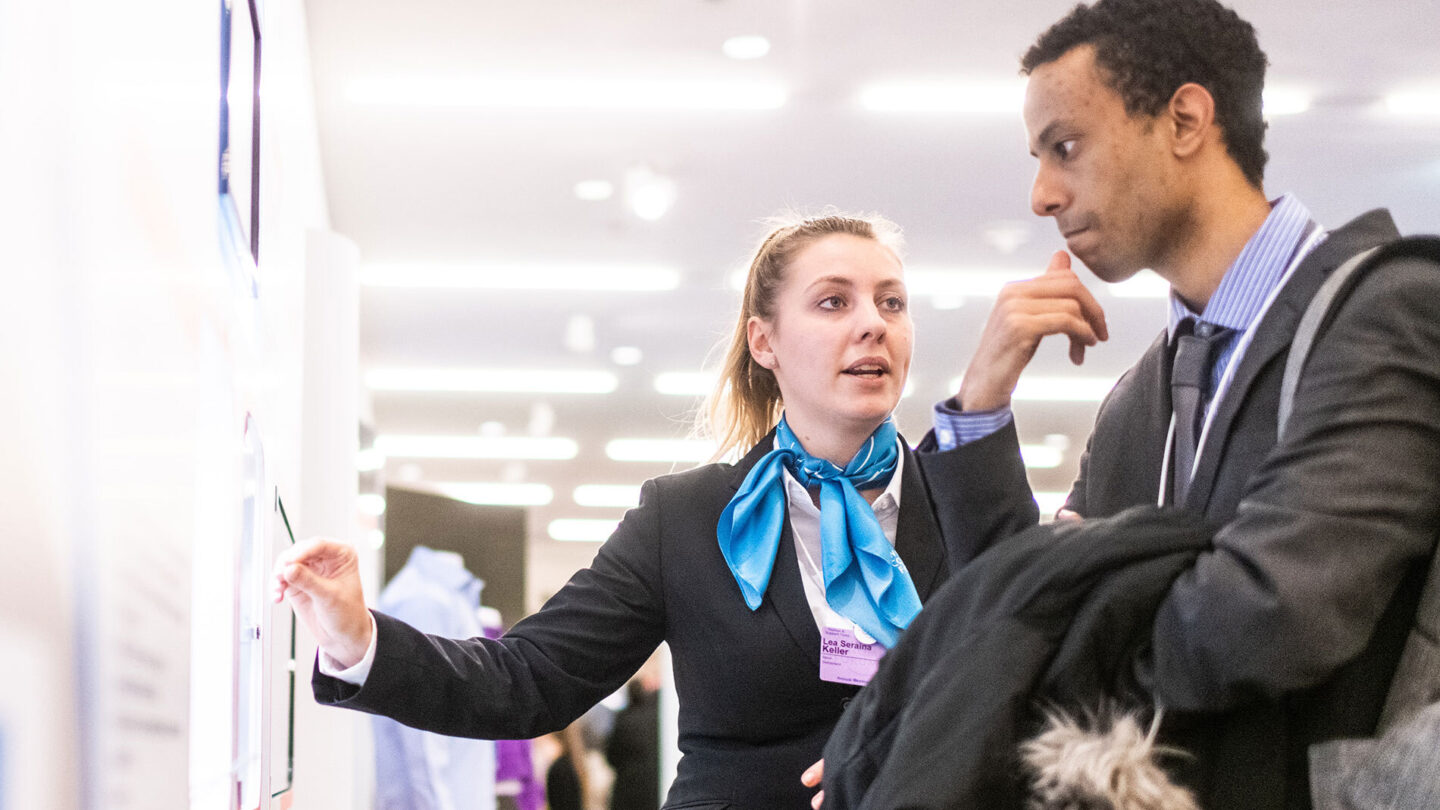
Building England’s IPS sector to help more people into jobs
Developing, scaling and managing the national roll-out of Individual Placement and Support so more people get and keep jobs after being unwell.

Social Investment Tax Relief (SITR) was launched in 2014 as a form of tax relief available for people who invest in social enterprises, including charities.
The Bright Futures Fund was launched the same year to find opportunities where there is a strong recipientpartner, attractive potential returns, SITR tax benefits, and a compelling approach to solving social problems.

Social Finance and Kin Capital launched the Bright Futures Fund, the first national fund to take advantage of the new Social Investment Tax Relief (SITR).

Having raised c £1.5m from private investors, the Fund made investments in two social enterprises totalling £325,000.

Following discussions with investors, the Board decided to close the Fund to new investments, and 80% of the committed capital was returned to investors.

The Fund was closed after distributing all remaining funds to investors.
In February 2017, the Fund made a £260,000 investment into Ability Tec, an electronics components assembler / manufacturer in Bolton which provides jobs and shares profits with its employees – the majority of whom have a disability.
Company revenues have risen, despite the strains of the Covid pandemic, from £765,000 in 2016 to £2.39m in 2020–21, with £4.1m projected for 2022. Staff numbers have grown from nine to 19 this year, with a record of staff stability. The company has moved to a purpose-built factory and sustained and enhanced trusted relationships with several key account customers that have proved a formula for sustainability during a period of volatility elsewhere. During the period, the company managed to replace or purchase nine major pieces of assembly equipment.
Oliver Randell, the Company’s founder, cited several stories of staff members with disabilities who have flourished in a safe environment. In one case, coping with anxiety to become a reliable and valued staff member; in others, finding a match between autism or hearing loss with job roles that are repetitive or require strong concentration.
The company has completed all loan and interest repayments repaying a total of £333,558, including annualized interest at 7%.
In September 2017, the Fund made its second investment, providing £62,500 to Britannia, whose social mission was to help prepare prisoners for working life upon release. Britannia suffered a fraud and, despite the efforts and commitment of the founder, this was followed by withdrawal by the Norwich prison of its principal lease, resulting in the business being put into liquidation. There were no repayments to the Fund.
Working with the SITR scheme, the purpose of the Fund was to help provide a stable financing base, often alongside other funding sources, for growing social enterprises.
Despite strong demand from private investors, it proved challenging to find sufficient investments which would simultaneously generate appropriate social impact and a reasonable balance of risk-reward to investors, at the same time as meeting the detailed requirements of the SITR regime.
The Fund’s experience may reflect the broader national SITR result. It appears that aggregate SITR investment has been only a few million pounds per annum.
Many social enterprises are still held back by a lack of a stable finance base, and we remain active in helping them secure the funding they need.